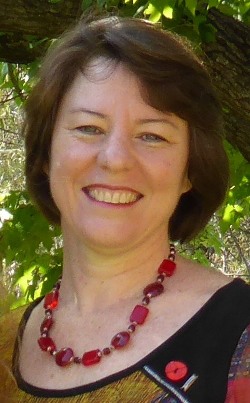
CSU's Professor Sharynne McLeod, an Australian Research Council (ARC) Future Fellow and the Professor of Speech and Language Acquisition at the CSU School of Teacher Education and the Research Institute for Professional Practice Learning and Education (RIPPLE), says speech pathologists often lack the tools to assist children and their families to be competent communicators in the languages of their communities.
"About half the world's population speaks more than one of the world's 7 413 primary languages, and there is often a mismatch between the languages spoken by children, families and their speech pathologists," Professor McLeod said.
"Although 20.2 per cent of services by Speech Pathology Australia members are offered in languages other than English, there is a mismatch between the language of the services and the languages of children within similar geographical communities.
"Australian speech-language pathologists typically use informal or English-based assessments and intervention tools with multilingual children. Thus, there is a need for accessible culturally and linguistically appropriate resources for working with multilingual children."
Recent population studies of Australian pre-school children show that their most commonly spoken languages other than English are Arabic, Cantonese, Vietnamese, Italian, Mandarin, Spanish, and Greek.
Professor McLeod argues that service providers for multilingual children within an English-dominant country such as Australia need to view the multilingual population as a resource comprising a microcosm of ethno-linguistic minorities.
"Recent international collaborations have been framed around the World Health Organization's International Classification of Functioning, Disability and Health (ICF-CY), and have been established with the goal of supporting multilingual children to participate in society," Professor McLeod said.
"The collaborations resulted in practical strategies to support speech pathologists during assessment, intervention, and collaboration with families, communities, and other professionals.
"The International Expert Panel on Multilingual Children's Speech was assembled to prepare a position paper to address issues faced by speech pathologists when working with multilingual populations.
"A good example is the Multilingual Children's Speech website, which addresses one of the aims of the position paper by providing free resources and information for speech-language pathologists about more than 50 languages."
The findings from Professor McLeod's international research have been published recently as 'Resourcing speech-language pathologists to work with multilingual children' in the International Journal of Speech-Language Pathology, 2014, volume 16, number 3, p208-218.





Social
Explore the world of social